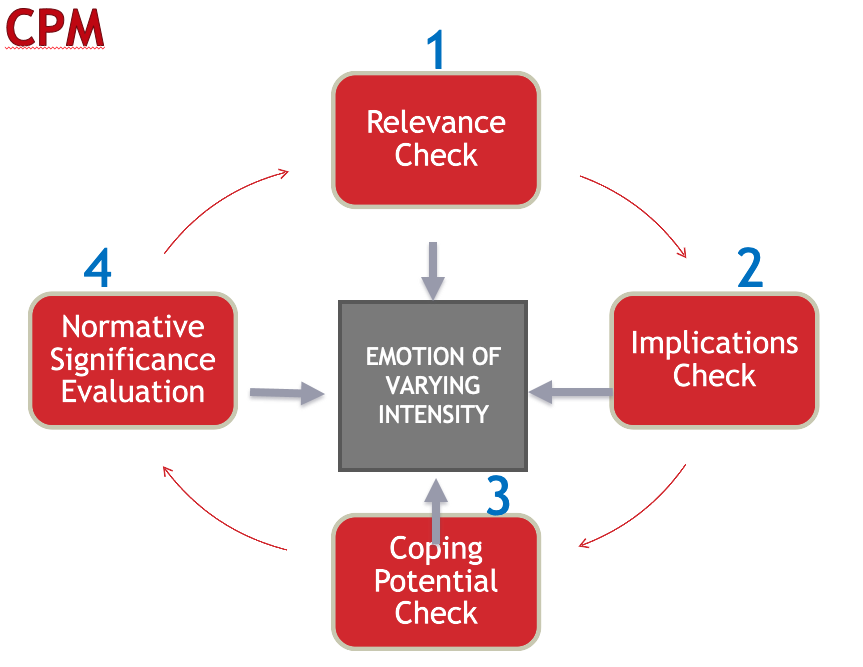[Revised entry by Daniel Kelly, Evan Westra, and Stephen Setman on February 17, 2025.
Changes to: Main text, Bibliography]
From an early age, humans exhibit a tendency to identify, adopt, and enforce the norms of their local communities. Norms are the social rules that mark out what is appropriate, allowed, required, or forbidden in different situations for various community members. These rules are informal in the sense that although they are sometimes represented in formal laws, like the rule governing which side of the road to drive on, they need not be explicitly codified to effectively influence behavior. There are rules that forbid theft or the breaking…
Read the full article which is published on Stanford Encyclopedia of Philosophy (external link)








